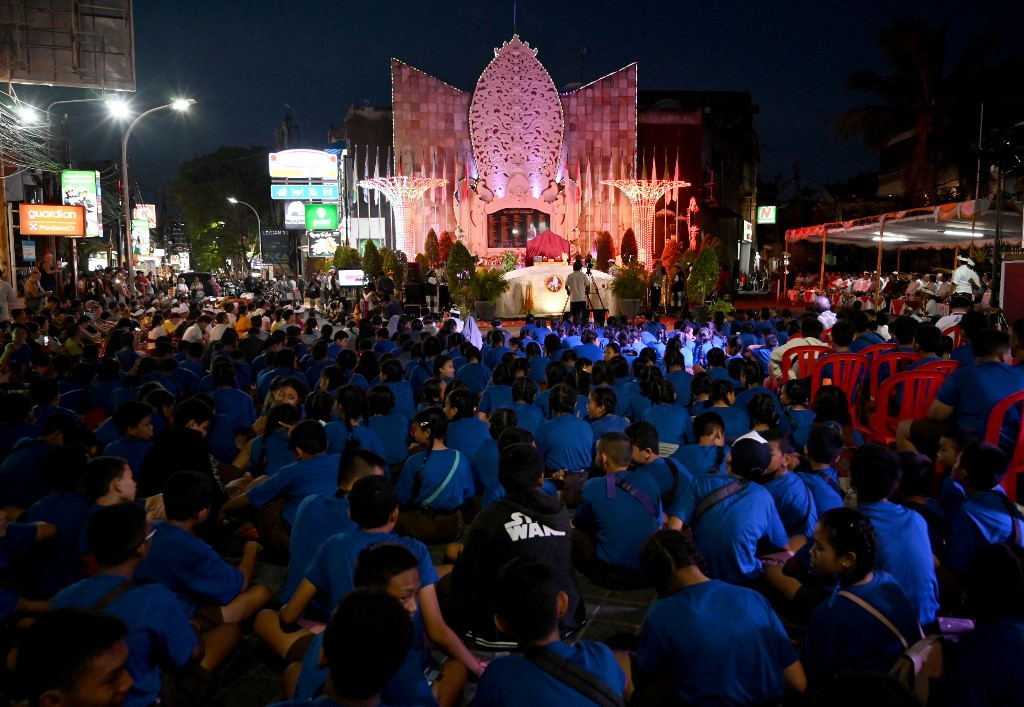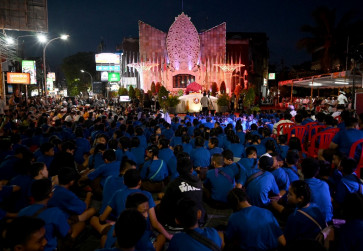Popular Reads
Top Results
Can't find what you're looking for?
View all search resultsPopular Reads
Top Results
Can't find what you're looking for?
View all search resultsVictims of the Bali bombings’ agonizing path to finding peace
The families of terrorist attacks owe nothing to those who have taken the lives of their loved ones. But for some people, forgiveness is a part of moving on.
Change text size
Gift Premium Articles
to Anyone
T
he families of victims of terrorist attacks owe nothing to those who have taken the lives of their loved ones. But for some people, forgiveness is a part of moving on.
The 2002 Bali bombings killed 202 people including Aris Munandar, a driver for the Sari Club nightclub on Jl Legian, where two bombs exploded. At the time of the explosion, he was waiting to pick up a guest.
His death continues to leave a wound for his wife, Endang Isnaini. But after holding on to anger and grief for close to two decades, she is now able to “forgive” the perpetrators.
“The praying I do has helped me to finally be able to forgive,” she said. She was disappointed and angry, questioning why she had to experience sorrow for so long and carry such a heavy burden.
Getting to a spot to forgive was a heart-rending process.
“My heart was so broken, no words could describe it. My three children were still kids and a baby, and my husband was the backbone of the family,” said Endang.
Today, the 50-year-old no longer holds a steady job. She suffers from rheumatoid arthritis, which makes it difficult for her to walk. But at the time, the tragedy forced Endang into taking over her husband’s position as the main breadwinner by doing various jobs, including sewing.



















